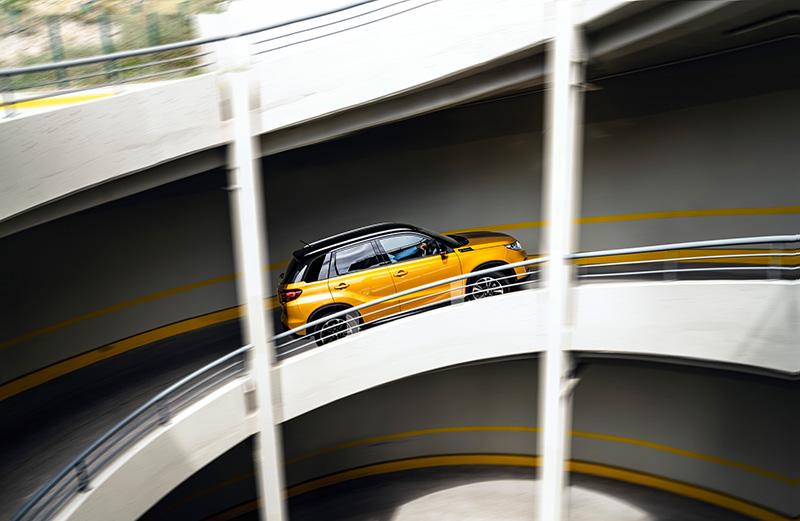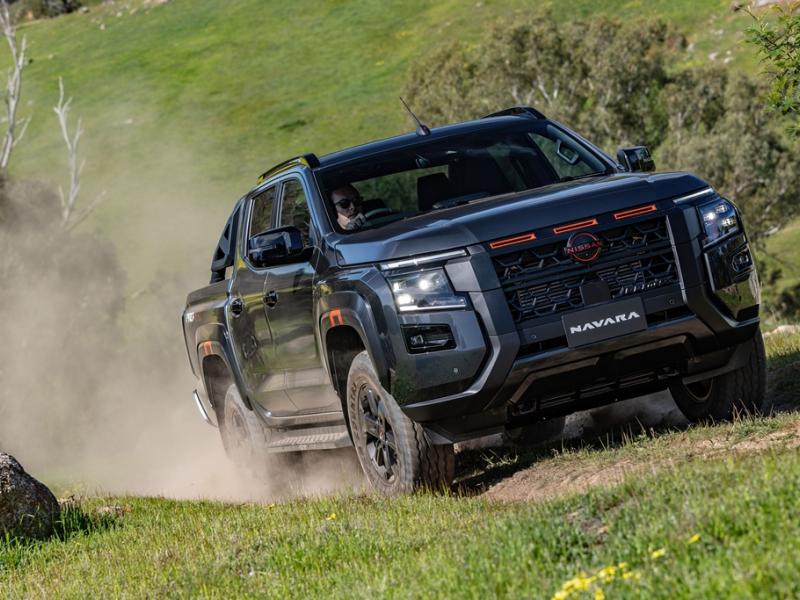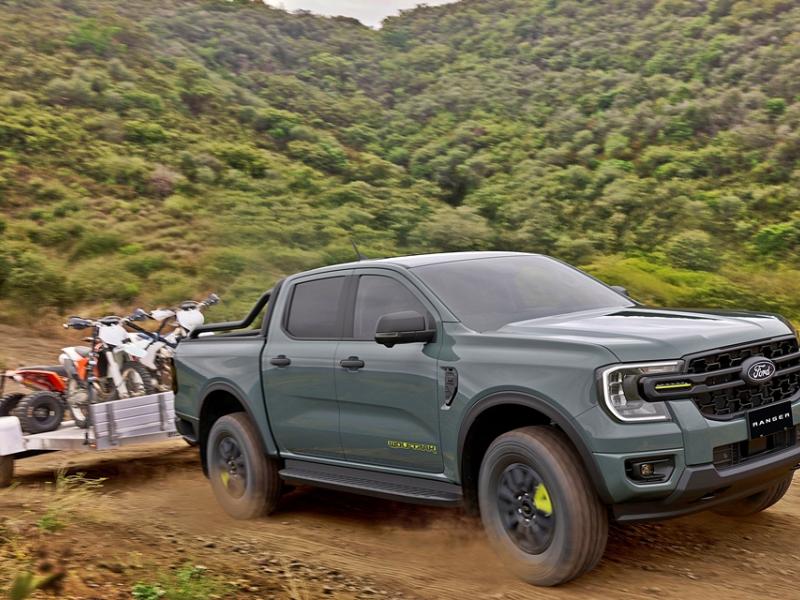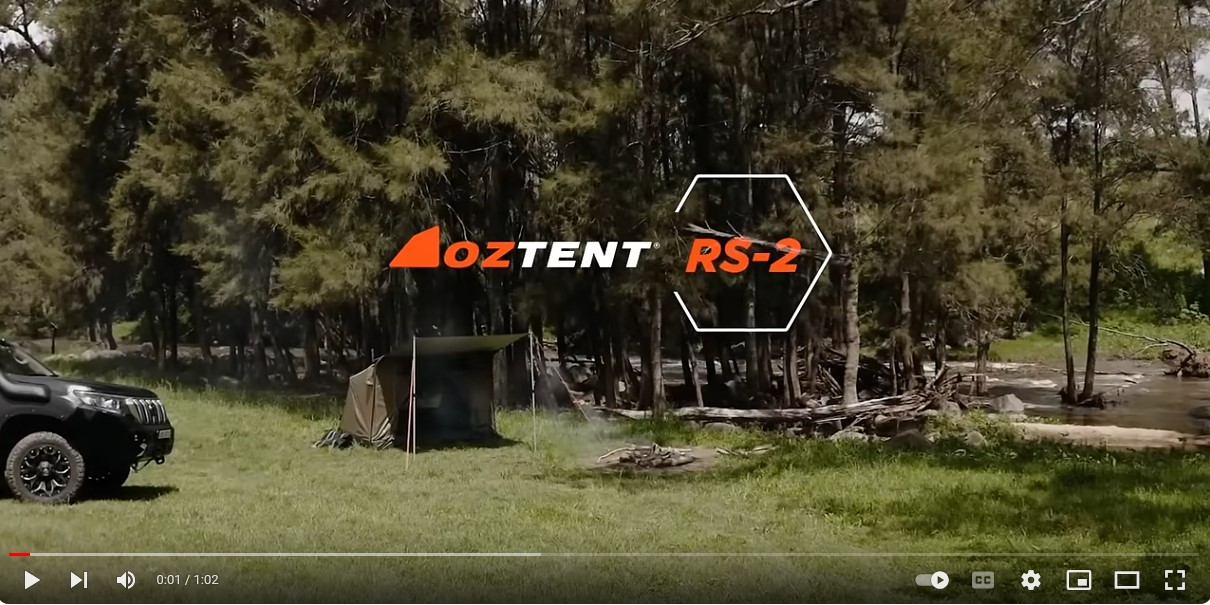New hybrid versions of the Suzuki Vitara Turbo will improve fuel economy and reduce emissions.
Of three hybrids launched, the one that is of interest to 4WD fans is the range-topping Allgrip all-wheel drive.
In official combined fuel tests, the Vitara Hybrid Turbo is at least 15 per cent more economical than a comparable non-Hybrid Vitara while also delivering up to 18 percent lower CO2 emissions.
Suzuki says its hybrid system is simple, light eight, compact and affordable.
Similar to the hybrid system in the Suzuki Swift, SHVS – the abbreviation for Smart Hybrid Vehicle by Suzuki - comprises an integrated starter generator (ISG), engine control module (ECM), auxiliary power module that incorporates a lithium-ion battery and sensors and a DC/DC (48 volt to 12 volt) power converter, all factory warranted for five years.
Powering the new hybrid is a new K14D version of the 1.3 litre four valve per cylinder Boosterjet direct injection engine. It produces 95kW at 5,500 rpm and maximum torque of 235Nm between 2,000 and 3,000 rpm.
A newly designed turbocharger has been specified to give better efficiency and faster spool-up response. Improved injectors result in better air/fuel mixture and fuel delivery is upgraded with maximum fuel pressure increasing to 350 bar.
Automatic stop/starting when the vehicle is at a standstill saves fuel while the lithium-ion battery powers all electrics. A torque assist function instantly adds torque from the electric motor to the engine from rest. Added torque from the electric motor smooths acceleration by adding torque from the electric motor until the turbocharger kicks in.
The hybrid’s Integrated Starter Generator (ISG) assists the engine on take-off and acceleration, reducing fuel consumption and lowering emissions. While cruising, ISG helps power the additional electrical components and systems like climate control air conditioning, safety features and smartphone connectivity.
ISG uses braking energy to efficiently recharge the Vitara Hybrid’s battery.
The hybrid Turbo accelerates from a standstill to 100 km/h in 9.5 seconds.
The Allgrip AWD Hybrid auto returns 6.0 litres/100 km (6.9 litres/100 km for the equivalent non-hybrid model).
The hybrid emits 136 g/km (161 g/km for the non-hybrid Allgrip), a 15.5 percent drop.
Standard equipment includes hill hold control, reversing camera, satellite navigation, Apple CarPlay, Android Auto, and hands-free calling. An engine performance monitor in the centre of the instrument panel displays real time information with hybrid battery status, running performance, fuel economy and a digital clock.
Recommended retail prices for the 1.4T Hybrid JLX AWD auto is $44,990. Optional two-tone body colours are an additional $800 on each model.
The Government Clean Car Tax Rebate for the JLX ALLGRIP auto is $1,614.







